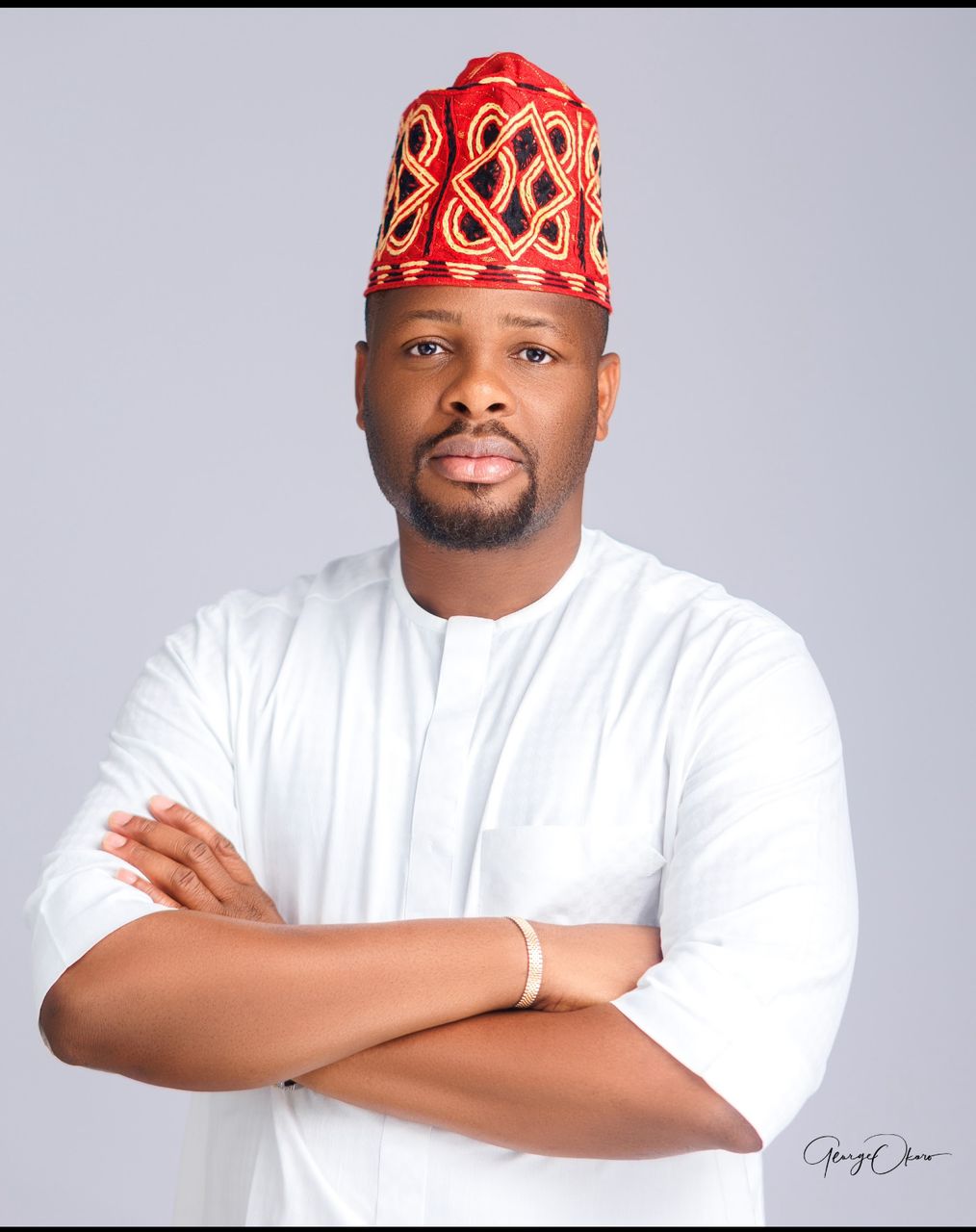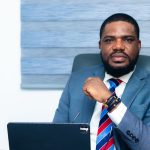...To get all news updates, Join our WhatsApp Group (Click Here)
Also Join our WhatsApp Channel (Click Here)
There are individuals who see the city of Lagos not just as a place to live, but as a canvas brimming with potential. Idris Aregbe is one such person. A cultural visionary, community leader, and advocate for the arts, Idris has carved a path that intertwines tradition and innovation, aimed at leaving an indelible mark on Lagos’ cultural identity.
In a recent conversation, Idris offered a glimpse into his philosophy and the driving forces behind his work. From his calm confidence to his all-white attire, a symbol of focus and clarity, he embodies the purpose and intentionality needed to steer the cultural narrative of a city as dynamic as Lagos. Idris’ mission is clear: to create a Lagos that celebrates its roots while simultaneously embracing global opportunities, making it not just a cultural hub for Africa but a global creative powerhouse.
Idris spoke passionately about inclusivity as a cornerstone of cultural growth. For him, “culture thrives when there’s space for everyone.” His vision isn’t about shining a spotlight on a select few but building platforms where collective growth takes precedence over individual success. Projects like the Lagos Creative Vault, designed to nurture young talents and preserve the city’s artistic treasures, exemplify this philosophy. Idris views mentorship not as a choice but as a responsibility, and he is deliberate in his actions to empower the younger generation.

His philosophy aligns seamlessly with the rationale behind partnering with PopCentral on the upcoming “70 Years of Music in Nigeria”exhibition. As Idris explained, “Music is a universal language, and it holds a special place in the heart of our culture. Partnering with PopCentral on this exhibition aligns perfectly with the ministry’s mission to celebrate and preserve our rich cultural heritage. This event is a unique opportunity to honor the legends, sounds, and stories that have defined Nigerian music over the past seven decades. It’s not just about looking back; it’s about inspiring the next generation to carry our music forward.”
Reflecting on our conversation, I was struck by his dedication to making Lagos a city where stories are told, heard, and celebrated. “Lagos is alive with stories,” he said, “and those stories deserve to be heard far and wide.” He sees the interplay between tradition and modernity not as a conflict but as a dialogue that shapes the city’s identity. Idris doesn’t just romanticize Lagos’ past or rush toward innovation,he masterfully balances both, ensuring that the city evolves without losing its soul.
For Idris, Lagos plays a critical role in shaping Nigeria’s music heritage. As he aptly noted, “Lagos is the heartbeat of Nigerian music. It’s where genres are born, and talent thrives. From the highlife tunes of yesteryears to the global phenomenon of Afrobeats, Lagos has been the stage where history is made. The city’s vibrant energy, diverse population, and rich cultural offering have provided a breeding ground for innovation and creativity. Lagos doesn’t just contribute to our music heritage, it defines it. It’s the pulse that keeps Nigerian music alive and thriving on the world stage.”
This approach to culture is not just theoretical for Idris; it’s deeply personal. His leadership style reflects a commitment to collaboration and collective success. It’s clear he doesn’t view his job advising the governor in the the arts and culture as a zero-sum game but as a flourishing garden that thrives when nurtured by many hands. For Idris, tradition and innovation are not opposing forces, they are complementary, coexisting to create the vibrant, multi-dimensional Lagos we know today.
Perhaps the most compelling aspect of Idris’ work is his investment in the younger generation. “The youth are not just the future; they are the present,” he emphasized. Many leaders pay lip service to empowering young people, but Idris is intentional about opening doors—and building corridors—for them. His initiatives create environments where creativity and opportunity flow freely, nurturing the talents that will define the next chapter of Lagos’ cultural story.
Beyond his projects, Idris himself is a symbol of what Lagos can be. His all-white attire, representing simplicity and focus, feels almost symbolic in a city defined by its chaotic vibrance. It’s as if he’s saying, “despite all the noise, stay grounded. Remember why you started and who you are.”
As I left the conversation, I found myself looking at Lagos through fresh eyes. Idris isn’t just preserving its cultural legacy—he’s actively rewriting what it means to be a cultural ambassador in a world that often forgets its roots. His vision is not about nostalgia but evolution, ensuring that Lagos continues to thrive as a beacon of creativity, resilience, and unity.
For Idris Aregbe, Lagos is more than a city; it’s a story, a rhythm, and a movement. And through his leadership, this movement is poised to echo far beyond the shores of Nigeria, carrying the heartbeat of Lagos to the world.
Idris Aregbe serves as the Special Adviser on Arts and Culture to the Governor of Lagos State, Babajide Sanwo-Olu.
You can get every of our news as soon as they drop on WhatsApp ...To get all news updates, Join our WhatsApp Group (Click Here)
Also Join our WhatsApp Channel (Click Here)

















